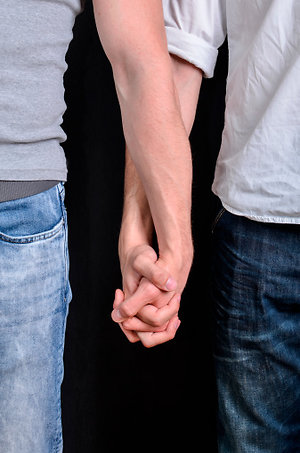Gender, Sex and Relationship Diversity
- GSRD issues
- Self-esteem
- Sexual diversity and identity
- Homophobia
- Coming out
- Relationships and intimacy
- Cheating and affairs
- Out of Control Sexual Behaviour
- Spiritual and religious conflicts
- Family life
- Growing older
- Bereavement
The life journey of gay, lesbian, bisexual or transgender people is not always an easy one.
I know for myself how helpful support can be from an affirmative counsellor with some understanding of the issues.
Sexual diversity counselling provides a confidential, non-judgemental and friendly space in which in which you can feel safe and secure when discussing gender and sexual diversity. I support a legal ban of conversion therapy and would prefer that therapy training institutions align with the Memoradum of Understanding against Conversion Therapy in the UK and comparative measures in other countries. I have worked extensively with sexual diversity clients, including five years as HIV/Gay Men's Sexual Health Counsellor at PACE.
Sexual diversity counselling provides a confidential, non-judgemental and friendly space in which in which you can feel safe and secure when discussing gender and sexual diversity. I support a legal ban of conversion therapy and would prefer that therapy training institutions align with the Memoradum of Understanding against Conversion Therapy in the UK and comparative measures in other countries. I have worked extensively with sexual diversity clients, including five years as HIV/Gay Men's Sexual Health Counsellor at PACE.
I have a particular interest in helping people to explore the role spirituality plays in their identity, especially if they have experienced a lack of understanding, whether from from organised religions or from society in general, in their quest for personal or spiritual growth.


